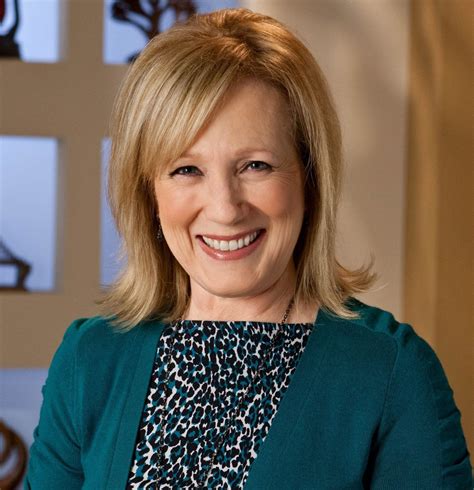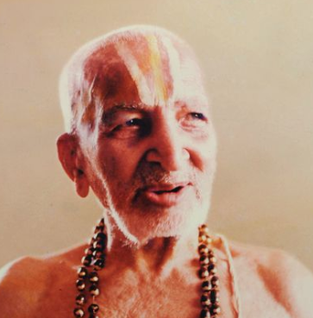A Quote by Leonard Jacobson
You can be sad for others but you don't have to take on their pain.
Related Quotes
You're sad because you're sad. It's psychic. It's the age. It's chemical. Go see a shrink or take a pill, or hug your sadness like an eyeless doll you need to sleep. Well, all children are sad but some get over it. Count your blessings. Better than that, buy a hat. Buy a coat or a pet. Take up dancing to forget.
When you find out who you are, you will no longer be innocent. That will be sad for others to see. All that knowledge will show on your face and change it. But sad only for others, not for yourself. You will feel you have a kind of wisdom, very mistaken, but a mistake of some power to you and so you will sadly treasure it and grow it.
I surrender it to God, knowing that the pain itself is a product or a reflection of how I am interpreting whatever it is that is causing me pain. Some pain is simply the normal grief of human existence. That is pain that I try to make room for. I honor my grief. I try to be kinder to myself. I give myself time to move through and to process whatever is making me sad.
Once the pain-body has taken you over, you want more pain. You become a victim or a perpetrator. You want to inflict pain, or you want to suffer pain, or both. There isn't really much difference between the two. You are not conscious of this, of course, and will vehemently claim that you do not want pain. But look closely and you will find that your thinking and behavior are designed to keep the pain going, for yourself and others. If you were truly conscious of it, the pattern would dissolve, for to want more pain is insanity, and nobody is consciously insane.





































